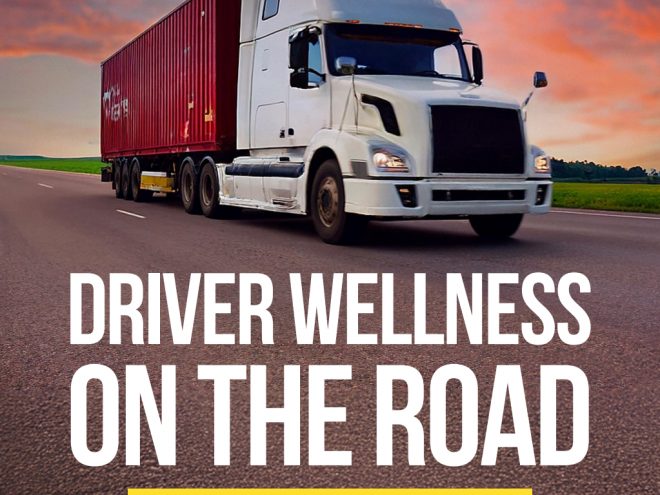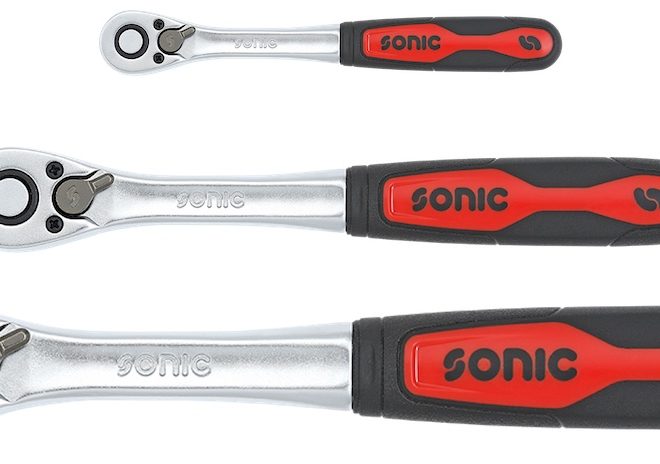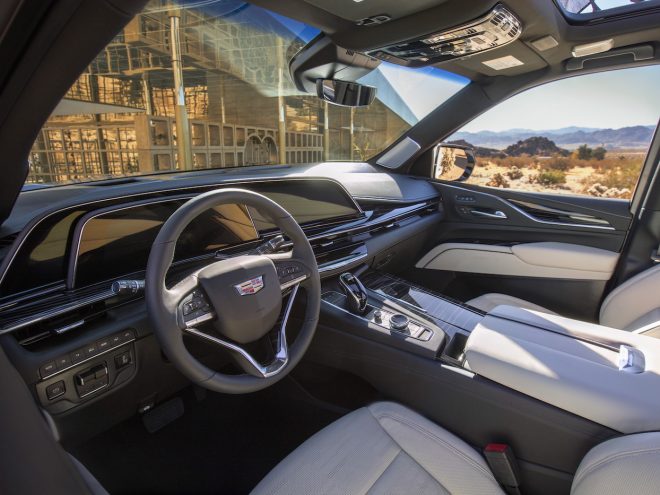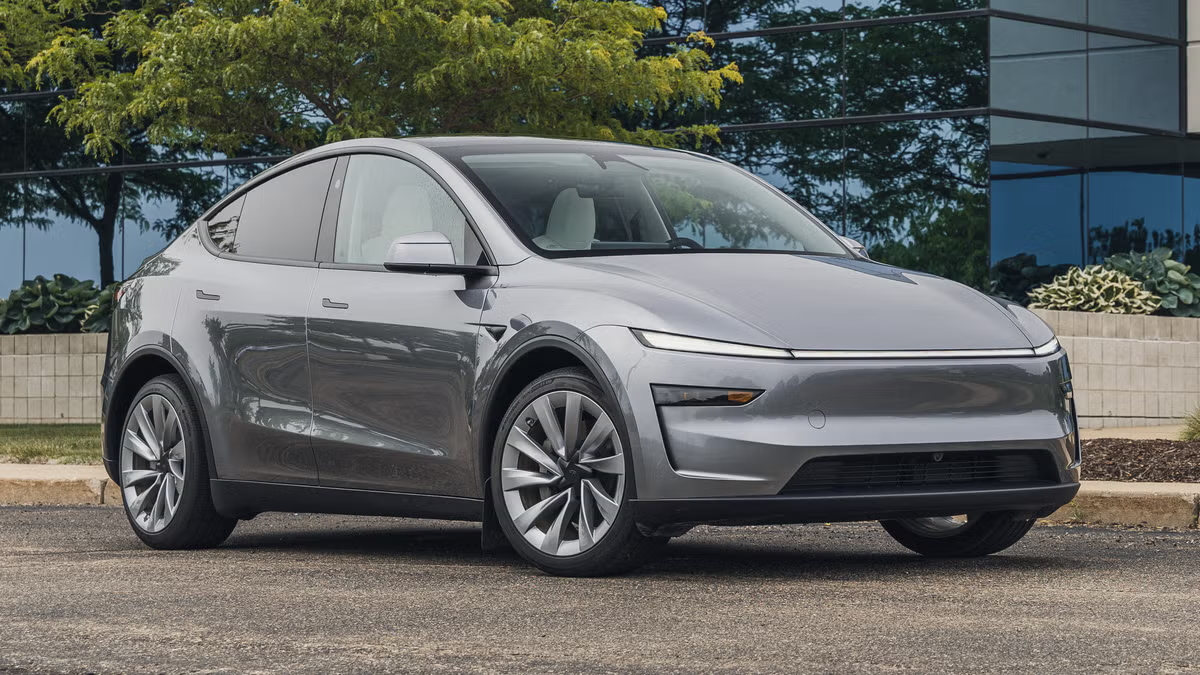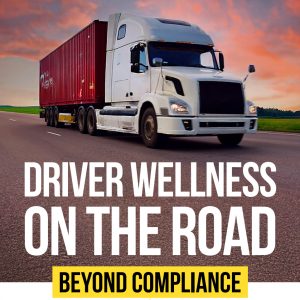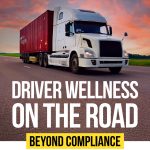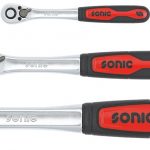
Certificates, Endorsements & Contract Compliance for Commercial Trucking Insurance
When brokers, shippers, ports, rail yards, or warehouses hand you a carrier packet, they’re not just checking your operating authority—they’re checking whether your insurance matches the contract. That means the right limits, the right endorsements, and Certificates of Insurance (COIs) issued exactly as requested. This guide explains how to get contract-ready fast, what endorsements really do, and how Simplex Group keeps your paperwork clean so loads don’t stall.
Why COIs and endorsements matter
A Certificate of Insurance is your proof of coverage and limits (e.g., $1M Auto Liability, $100k+ Cargo, $1M General Liability). But most facilities require more than a PDF—they want specific endorsements (e.g., Additional Insured, Waiver of Subrogation) tied to those policies. If the wording, form number, or effective dates are off, gate access or load tenders can be denied. At Simplex Group we align your policies to typical shipper requirements, then issue accurate, same-day COIs with required endorsements so dispatch isn’t waiting.
The core trucking policies that appear on COIs
● Commercial Auto Liability (Primary): Meets federal/contract needs for BI/PD while operating a CMV.
● Motor Truck Cargo: Protects customer freight; limits and exclusions must fit the commodity.
● General Liability (GL): Premises/operations exposure—often required by facilities.
● Physical Damage (Comp/Collision): Protects your tractor/trailer (doesn’t usually appear on facility COIs unless requested).
● Trailer Interchange: For non-owned trailers under interchange agreement, common in intermodal/UIIA.
● Workers’ Comp / Occupational Accident: Required or recommended depending on structure and state.
Common endorsements you’ll be asked for
Endorsement Applies To What It Does Typical Ask
Additional Insured (AI) GL / sometimes Auto Extends your liability coverage to a broker/shipper for certain claims “Name XYZ as AI”
Waiver of Subrogation (WOS) GL / Auto / WC Your insurer waives recovery rights against the certificate holder “Include WOS in favor of XYZ”
Primary & Non-Contributory (PNC) GL / Auto Makes your policy respond first without seeking contribution from the certificate holder’s insurance “Primary/Non-Contributory wording”
Trailer Interchange Auto Covers non-owned trailers you pull under interchange “$30k–$75k TI limit”
Reefer Breakdown Cargo Covers spoilage from equipment failure (subject to terms) “Reefer breakdown included”
MCS-90 Auto (federal filing) Endorsement attesting to financial responsibility for motor carriers Often required for for-hire interstate
Endorsements live on the policy, not the COI. The COI references them; the actual forms/wording must be added to the policy at binding or by endorsement later.
COI workflow that won’t hold up freight
- Get the ask in writing: Request the carrier packet’s insurance page or specimen COI.
- Check limits vs. commodity/contract: Many facilities require $1M Auto Liability, $100k+ Cargo, $1M GL.
- Confirm exact endorsement text: AI, WOS, PNC, and any special forms (UIIA, terminal-specific).
- Verify driver/unit changes: New tractors/trailers must be listed when required.
- Issue and send COI: Email directly to the facility or broker; save a copy in your job file.
- Calendar renewals: Don’t let certificates expire mid-lane.
At Simplex Group we pre-map your key customers’ requirements, store preferred wording, and turn COIs in hours—not days.
Avoid these COI and endorsement pitfalls
● “COI says it; policy doesn’t.” The facility asks for AI/WOS; your COI lists it, but the policy has no such endorsement—claims disputes follow.
● Wrong cargo sub-limits. High-value electronics, autos, seafood, or pharma may require higher limits or special terms.
● Outdated units on schedules. New tractor not added? Losses can get messy.
● UIIA/Intermodal specifics overlooked. Missed Trailer Interchange or special terminal wording can block gate access.
Pricing & strategy: how contract requirements affect premium
● Higher limits = higher premium, especially on Cargo and Auto Liability.
● Endorsements like AI/WOS/PNC can add cost depending on the carrier and state.
● Commodity and radius drive rates; high theft/hazard cargo and long-haul raise exposure.
● Loss control + compliance (clean inspections, strong HOS/DVIR, DQFs) improves marketability at renewal.
Simplex Group tailors limits to your lanes and customers (instead of “over-buying”) and pair coverage with safety programs that lower loss frequency, helping stabilize premiums.
Sample “contract-ready” insurance profile
● Auto Liability: $1M CSL with AI/WOS/PNC where required
● Motor Truck Cargo: $100k–$250k (or contract-specific), reefer breakdown if needed
● GL: $1M / $2M with AI/WOS
● Trailer Interchange: $50k limit for intermodal
● Physical Damage: ACV with chosen deductible
● Workers’ Comp/Occ Acc: Per state/structure
With Simplex Group: We’ll bind coverage, add the right endorsements, and manage COIs so dispatch can say “yes” to more loads—confidently.
The fastest way to win more lanes is to be contract-ready—every time. With Simplex Group, you’ll have the right limits, endorsements, and COIs aligned to your shippers and terminals, plus responsive support when requirements change. Need a certificate now? We’ll get it out so your truck can roll.
FAQs
What is a certificate of insurance (COI) for trucking?
A document proving your active coverage, limits, and endorsements. Facilities use it to verify you meet contract terms.
Do endorsements have to be on the policy or just the COI?
They must be on the policy. A COI referencing non-existent endorsements won’t protect you in a claim.
How quickly can I get a COI for a new load?
With Simplex Group managing your account, we typically issue same-day COIs and send them directly to brokers/facilities.
